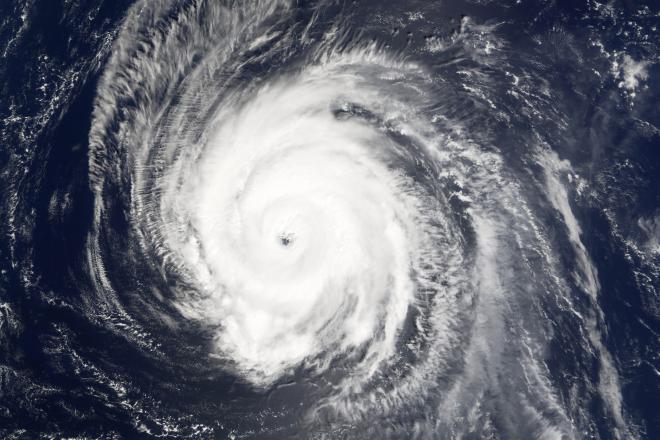Cloudy with a chance of lifesaving and more cost-effective weather predictions
Penn professor Paris Perdikaris and collaborators developed Aurora, a machine-learning model that has predictive capabilities for air quality, ocean waves, tropical cyclone tracks, and weather.

When Hurricane Katrina reached the Gulf Coast in 2005, emergency responders were blindsided by a storm surge that defied predictions. In Japan six years later, the destructive scale of a tsunami triggered by a massive earthquake outpaced early warnings. The 2020 wildfires that engulfed California overwhelmed air quality models.
In each of these disasters, comprehensive modeling—encompassing tropical cyclones, ocean waves, air quality, and broader climate variables—could have enhanced emergency responses, saved lives, and cut damage repair costs. However, processing such vast amounts of numerical data has traditionally been computationally intensive and expensive, often hindering timely decision-making.
Now, Paris Perdikaris of the University of Pennsylvania and his collaborators at Microsoft Research have developed a machine learning model capable of accurately forecasting a variety of Earth systems, including air quality, ocean waves, and tropical cyclone tracks. Read more about the model in Penn Today.